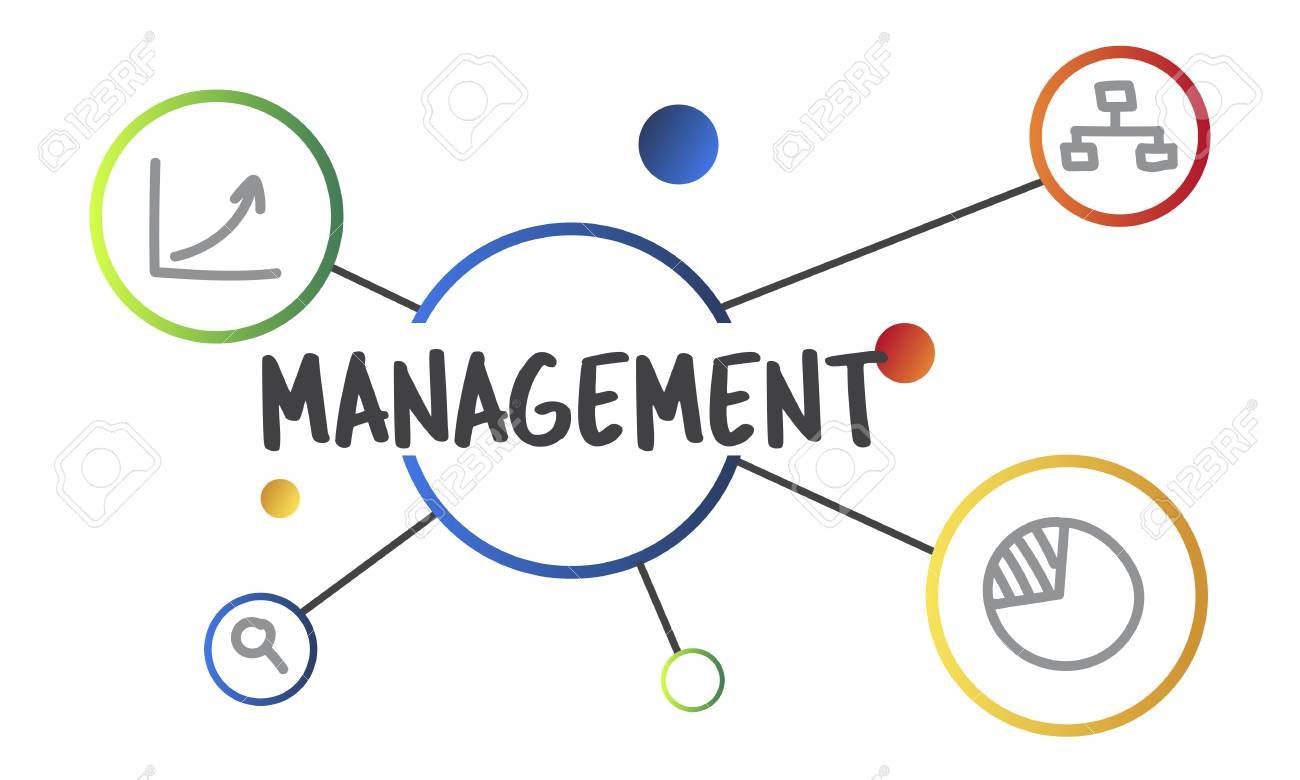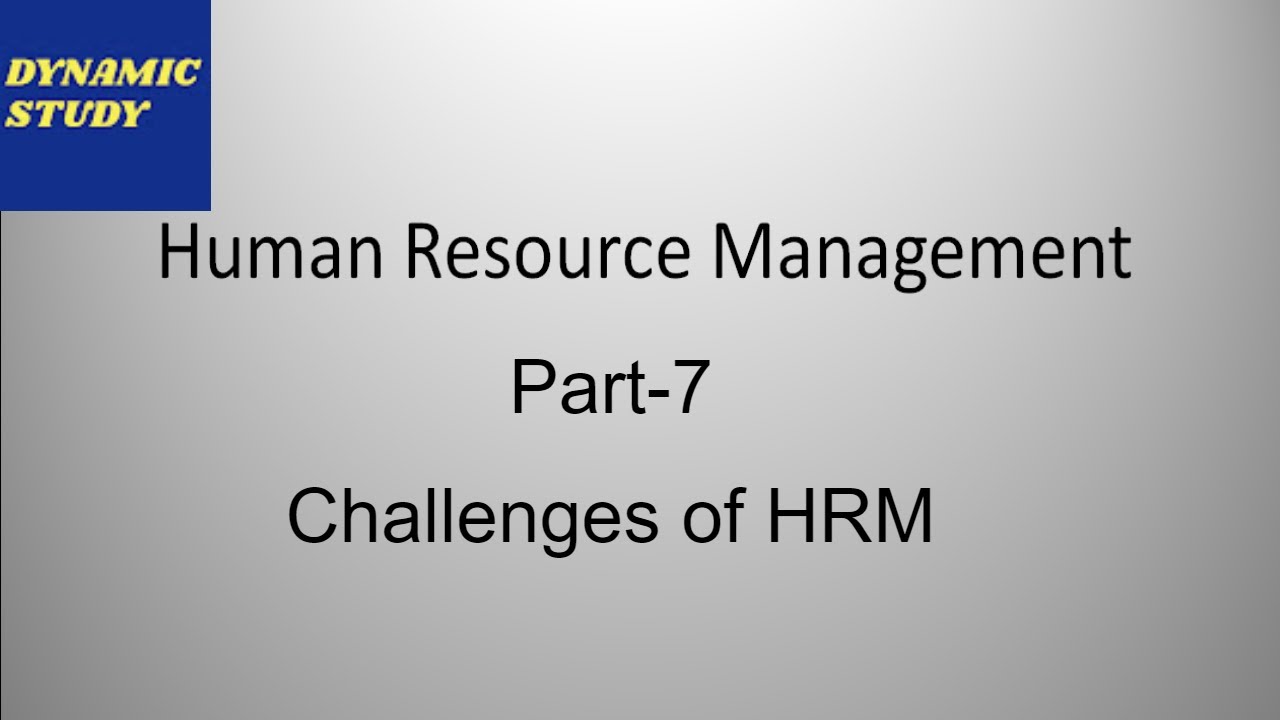
What are the responsibilities of a waste manager in Orlando?
A waste management company provides a range of services to manage and treat waste. This includes municipal and private waste collection. These companies provide innovative solutions for sustainable and compliant waste management. These companies offer waste collection, recycling and disposal services. They also offer bulk solids, bulk liquid, or soil management.
The proper handling of hazardous or contaminated wastes is also a responsibility of professionals in waste management. They make sure that hazardous and contaminated materials are properly removed, while also complying with local regulations. Many waste professionals also work to make sure waste facilities operate efficiently and that their staff perform to the highest level.

salary of a waste management company in orlando
If you're thinking about getting into waste management, you may be wondering how much money you can expect to make in Orlando. The salaries for this job are very good in Orlando. The median salary for a waste manager is approximately $46,000. This is about 5% lower than the national mean and more that 25% less than salaries in other metros.
Salary information for this type of job varies by location, but the average salary for this position in Orlando is $28,905. The job market is competitive in Orlando, so you should expect to make a good income. You will receive a competitive total salary package that includes vacations, holidays, personal days, and paid vacation.
Companies that provide waste management services for orlando
A key component of any waste management program for a health facility is medical waste management. Orlando-based companies can assist with this task. UMI, for example, provides medical waste management in Orlando and the surrounding Kissimmee area. They offer a wide range of sharps containers, as well other waste containment options for healthcare facilities. Their services also include inventory management for sharps collection containers.

Sunshine Recycling provides waste management services for central Florida. Wawa Inc., a Pennsylvania-based convenience shop and gas station combo franchise, has been its partner. Wawa first operated stores throughout New England. Later, the chain expanded to the east coast and included Florida. The Wawa chain is well-known for its fast food and freshly prepared foods.
FAQ
What are the four main functions of management?
Management is responsible for planning, organizing, directing, and controlling people and resources. This includes setting goals, developing policies and procedures, and creating procedures.
Organizations can achieve their goals through management. This includes leadership, coordination, control and motivation.
The four main functions of management are:
Planning - This is the process of deciding what should be done.
Organizing is the act of deciding how things should go.
Directing - Directing is when you get people to do what you ask.
Controlling - Controlling means ensuring that people carry out tasks according to plan.
What is Six Sigma, exactly?
It's an approach to quality improvement that emphasizes customer service and continuous learning. This is an approach to quality improvement that uses statistical techniques to eliminate defects.
Six Sigma was developed at Motorola in 1986 as part of its efforts to improve manufacturing processes.
It was quickly adopted by the industry and many companies are now using six-sigma to improve product design, production, delivery, customer service, and product design.
How do you manage employees effectively?
The key to effective management of employees is ensuring their happiness and productivity.
This includes setting clear expectations for their behavior and tracking their performance.
Managers must set clear goals for their employees and themselves to achieve this goal.
They must communicate clearly with their staff. They need to communicate clearly with their staff.
They must also keep records of team activities. These include:
-
What was achieved?
-
How much work was put in?
-
Who did it, anyway?
-
Was it done?
-
Why was it done?
This information can help you monitor your performance and to evaluate your results.
How can we create a culture of success in our company?
Successful company culture is one where people feel valued and respected.
It is founded on three basic principles:
-
Everybody has something to offer.
-
People are treated with respect
-
There is mutual respect between individuals and groups
These values reflect in how people behave. They will show consideration and courtesy to others.
They will be respectful of the opinions of other people.
And they will encourage others to share ideas and feelings.
Additionally, the company culture encourages open communication as well as collaboration.
People feel safe to voice their opinions without fear of reprisal.
They understand that mistakes can be forgiven as long as they're dealt with honestly.
The company culture encourages honesty and integrity.
Everyone knows that they must always tell the truth.
Everyone understands that there are rules and regulations which apply to them.
People don't expect special treatment or favors.
What is TQM and how can it help you?
When manufacturing companies realized that price was not enough to compete, the industrial revolution brought about the quality movement. They needed to improve the quality and efficiency of their products if they were to be competitive.
Management responded to the need to improve, and developed Total Quality Management (TQM). This focused on improving every aspect of an organization’s performance. It included continuous improvement, employee involvement and customer satisfaction.
Statistics
- Your choice in Step 5 may very likely be the same or similar to the alternative you placed at the top of your list at the end of Step 4. (umassd.edu)
- 100% of the courses are offered online, and no campus visits are required — a big time-saver for you. (online.uc.edu)
- Our program is 100% engineered for your success. (online.uc.edu)
- Hire the top business lawyers and save up to 60% on legal fees (upcounsel.com)
- UpCounsel accepts only the top 5 percent of lawyers on its site. (upcounsel.com)
External Links
How To
How can Lean Manufacturing be done?
Lean Manufacturing processes are used to reduce waste and improve efficiency through structured methods. They were developed by Toyota Motor Corporation in Japan during the 1980s. The aim was to produce better quality products at lower costs. Lean manufacturing eliminates unnecessary steps and activities from a production process. It is composed of five fundamental elements: continuous improvement; pull systems, continuous improvements, just-in–time, kaizen, continuous change, and 5S. Pull systems involve producing only what the customer wants without any extra work. Continuous improvement means continuously improving on existing processes. Just-in-time is when components and other materials are delivered at their destination in a timely manner. Kaizen means continuous improvement, which is achieved by implementing small changes continuously. Last but not least, 5S is for sort. These five elements work together to produce the best results.
Lean Production System
The lean production system is based on six key concepts:
-
Flow - focuses on moving information and materials as close to customers as possible.
-
Value stream mapping- This allows you to break down each step of a process and create a flowchart detailing the entire process.
-
Five S's: Sort, Shine Standardize, Sustain, Set In Order, Shine and Shine
-
Kanban is a visual system that uses visual cues like stickers, colored tape or stickers to keep track and monitor inventory.
-
Theory of constraints - identify bottlenecks during the process and eliminate them with lean tools like Kanban boards.
-
Just-in-time - deliver components and materials directly to the point of use;
-
Continuous improvement is making incremental improvements to your process, rather than trying to overhaul it all at once.